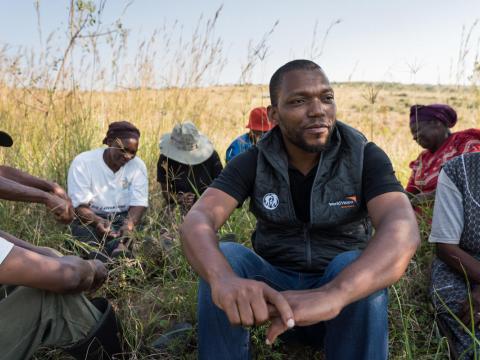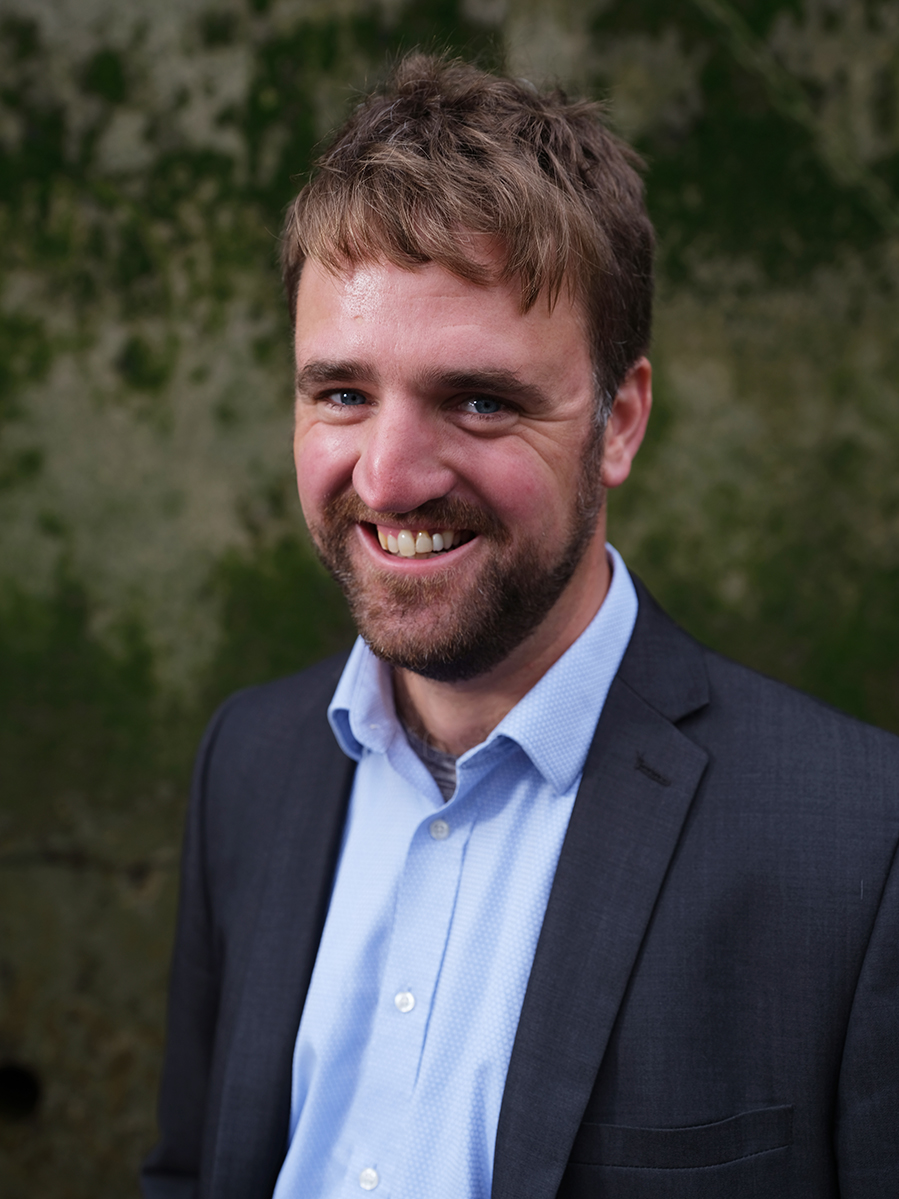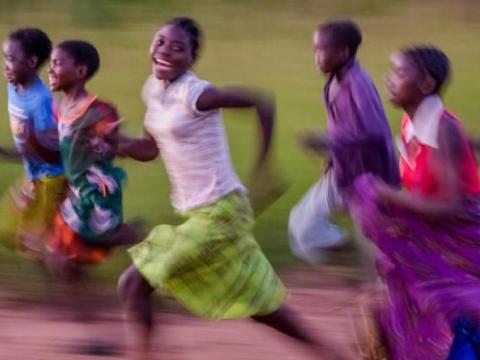
Five secrets to humanitarian work when familiar contexts become fragile
Johan warns people to resist the temptation of certainty and get ready to flex when things take a turn for the worst.
By Johan Eldebo
“It wasn’t supposed to happen here”. That was the sad sentiment shared with me over the last few weeks in Eswatini in Southern Africa.
This was a peaceful country, unaccustomed to overt violence and protests, although certainly with some simmering frustrations beneath the surface. A few months ago those frustrations erupted into several days of violence, looting and protests, and this turmoil left the small country uncertain about what would come next.
This nation of just over a million people has been hit hard by both the pandemic and the resulting economic devastation, leaving many reliant upon food, water and sanitation assistance, and fearful of the future. This experience has in some ways shattered the certainty held by many citizens that this type of experience happens elsewhere, but not here. With sadness they now note that the familiar has become a bit more fragile.
Fragility is often something that is analysed as a distant phenomenon, or something that humanitarian staff go to from a comparative place of safety. Now, increasingly, fragility is coming to people and places previously safe, not just Eswatini, but many places around the world.
The question for Eswatini, and for agencies like World Vision, is how to adapt to an environment increasingly marked by constant change and ambiguity. One crucial early step here is to resist the temptation of certainty. During this pandemic much that was taken for granted was taken away, and we have had to face the reality that we cannot control life as much as we would like. Nor as much as we perhaps thought we could before.
The ability to travel internationally disappeared quickly, and for many people around the globe, so did the ability to leave their homes because of lockdowns. These were dramatic changes and easy to reverse once the situation improved. Yet, more subtly but perhaps also more devastatingly, fragmentation of the ordinary things, the fundamental things society took for granted is happening too. Places that were safe yesterday seem scarily unsafe today.
A slowly deteriorating economy is more gradual than a grounded airplane or closed border and less easy to identify or name, but, in the medium to long term it is devastating to many countries. Such economic upheavals put huge pressures on families and children, but also on governments. It can lead to poverty for a family or can set a government on the road to economic collapse. Yet it is hard to determine when exactly a gradual decline becomes a disaster.
While we at least understand the virus better now, some parts of the world have access to vaccines and treatment, much of the world will face ambiguity for some time. As recent unrest in South Africa also showed us, we should not assume that stability and peace is permanent, and indeed we should work for it actively. The longer this pandemic and its secondary impact of economic devastation continues, the more desperate people will become. That desperation can easily turn into tension that can lead to violence and strife. This in turn can threaten staff security and access.
For agencies like ours, at such times, rigid planning and inflexible strategies will struggle to succeed, as will any plans or assessments that assume certainty or are overly confident in their data. So here are ways to ensure that humanitarians are still able to carry out their work, and best help communities in the midst of a fragile situation.
-
Plan for change and have a good tolerance for ambiguity. To some extent we have to give up our expectations for precision and perfection, and replace it with agility and adaptability.
-
Make sure that operations deliver not just their direct objectives but also further peacebuilding and social cohesion where implemented. Help prevent the anger and violence, as this also helps avoid insecurity and keep staff safe.
-
Begin with good and locally informed context analysis, such as World Vision’s GECARR. This approach creates a quick analysis of a context based on local insights that generates likely scenarios of the future. This informs security and risk management.
-
Then implement strategic approaches such as our Fragile Context Programme Approach, where operations are planned and designed based on those scenarios.
-
Base operations on Do No Harm principles through IPACS that design activities so that they actively contribute to peace as well as avoid creation tensions.
Perhaps most importantly, as you consider these five approaches, it’s also vital to recognise that in a fragile situation, where there’s sustained ambiguity, you need be gracious and figure in additional slack in the planning and operations. Traditional efficiency just won’t cut it, not just because there are so many unknown unknowns, but because during COVID-19 restrictions so many humanitarian staff were never able to work from home – they are exhausted and perhaps getting over being ill themselves.
Be flexible. Be listeners. Be gracious. And I guarantee you’ll be effective as you seek to programme in a fragile and ambiguous context.
Johan Eldebo is World Vision’s Regional Security Director. Follow him on Twitter at @JohanEldebo


